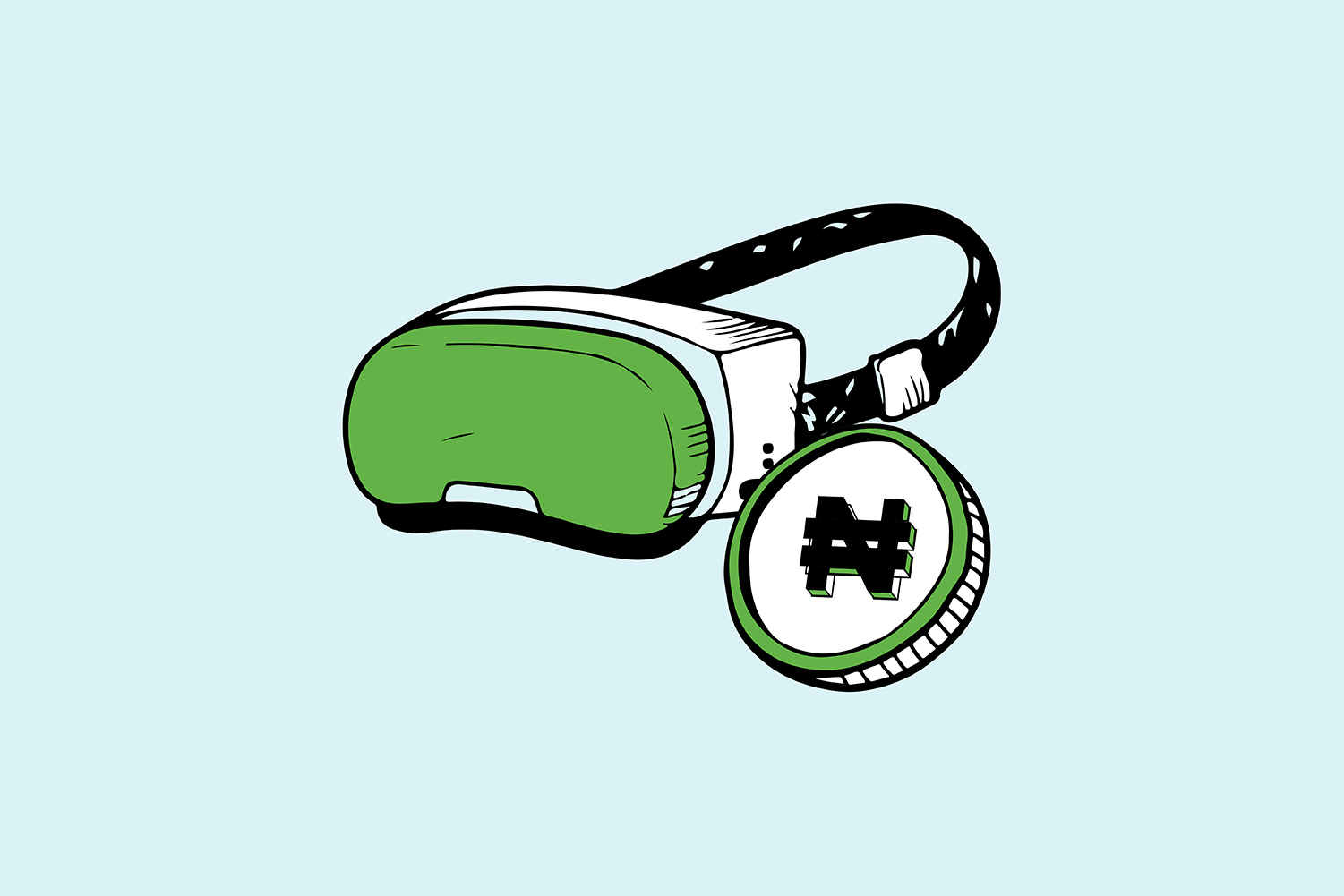The Story
From FB to MRVS, Mark Zuckerberg the CEO of Facebook on Thursday the 28th of October 2021, announced the rebranding of the company and the change of the name Facebook to Meta. According to him, the new name reflects the company’s growing ambition beyond social media. This name change comes amid controversies around the company’s conduct.
After missing the October 1st deadline, the Nigerian government launch its digital currency, eNaira on the 25th of October 2021. This launch makes Nigeria the first African country to launch a digital currency.
Why is Facebook now Meta?
The name change was done to capture the direction of the company going forward. According to Mark Zuckerberg, ‘Facebook just doesn’t encompass everything the company does anymore. In addition to its. primary social network, its product line now includes Instagram, Messenger, Quest VR headset, Horizon VR platform and more’.
The company would like to be perceived as not just a social media platform but as a company that builds technology to connect people. Zuckerberg believes metaverse will be the way people interact with computers and themselves in the nearest future.
What is Metaverse?
The metaverse has been named the successor of the internet. According to venture capitalist Matthew Ball“The Metaverse is an expansive network of persistent, real-time rendered 3D worlds and simulations that support continuity of identity, objects, history, payments, and entitlements, and can be experienced synchronously by an effectively unlimited number of users, each with an individual sense of presence.”
In simple terms, the metaverse is a network that allows virtual interaction between people in different locations using avatars. It is an online sphere that looks like reality, but it’s computer-generated. Using a Virtual Reality (VR) headset, people can vacillate between reality and the virtual world.
The term Metaverse was coined by author Neal Stephenson in his 1992 novel Snow Crash. In the novel, it was used in reference to a 3D virtual world inhabited by avatars of real people. The metaverse was a way of escaping a horrible reality in the novel.
How is Metaverse the future of internet?
According to Zuckerberg, the metaverse is the future of social networking as it would allow people to do more than just post comments and photos. As of now, the technology is not yet developed enough to achieve the things it is envisioned to do.
In the future, with the use of VR headsets or glasses that superimpose the digital sphere into the real world, people will be able to attend meetings, play games with friends & attend concerts and feel like they are in the same room, making eye contact and having a shared sense of space. People can have different avatars for different digital realities, they can have an avatar for work, another one for hanging out with friends.
Metaverse is also expected to enable an economic system where people can trade goods and services with cryptocurrencies and NFTs. According to Zuckerberg, with the metaverse, people will be able to say a few words by making hand gestures and even make things happen by just thinking about them.
In September 2021, Facebook committed $50million to fund non-profit groups to help build the metaverse responsibly and it plans to hire 10,000 people in the European Union (EU) over the next 5 years to help develop the metaverse.
Another metaverse enthusiast is Timothy Sweeney, the CEO of Epic games makers of Fortnite. Fortnite is an online multiplayer game and in recent years it has expanded its products to include hosting concerts and brand events in its digital world.
Zuckerberg believes within the next decade, “metaverse will reach a billion people, host hundreds of billions of dollars of digital commerce, and support jobs for millions of creators and developers.”
The Launch of the eNaira
On Monday the 25th of October 2021, Nigeria became the first African nation to launch a digital currency. The eNaira is a digital version of the paper Naira. It will in no way replace the existing Naira but rather co-exist with the fiat money.
In a bid to squash the threat the use of cryptocurrencies poses to their economies and improve financial inclusion; a number of countries have embarked on the creation of a government-controlled digital currency. Nigeria in the early part of 2021 banned the use of cryptocurrency and has now launched its digital currency. We’ve seen the same thing happen in China and a couple other countries.
In its first week after launch, the eNaira didn’t fare as well as expected. With as much as over 100,000 downloads after 24hours of its launch, one would expect the developers had put all in place to ensure a smooth take-off of the eNaira. But negative reviews from early users of the app led to it being taken off the app store and replaced much later.
What does the launch of the eNaira mean for the Nigerian economy?
Given that the value of the eNaira is the same as the value of the physical Naira, there aren’t any expectations regarding it ability to influence the economy through its value. There are however some positives that come with the eNaira.
eNaira runs on blockchain which makes transactions done with the eNaira transparent and traceable. This can help curb leakages in public spending and keep track of how public funds are disbursed if disbursement is done with eNaira.
As of 2020, 58million people were unbanked in Nigeria, 60% of which have mobile phones. The eNaira enables those without bank accounts to send and receive up to N50,000 daily. This makes the case for financial inclusion.
The introduction and increased use of the eNaira will help reduce the cost of production of physical Naira, which according to the CBN was N307bn between 2014 & 2019.
What does Metaverse & eNaira mean for Investors?
If anything, these two are pointers to the fact that the world is fast moving towards becoming fully digital. From a network that will make virtual life real, to a currency we can’t see or feel, the way we do things and the life we are used to are fast becoming obsolete.
For investors, the metaverse, when it becomes fully developed will disrupt a number of sectors, especially sectors that thrive on physical gatherings. Metaverse is expected to make e-commerce more exciting as buyers can have their avatars try on digital outfits before ordering them for real-life delivery or test drive a car in the virtual world before buying it in real life.
The virtual economy also makes a case for the relevance of cryptocurrencies (especially utility-based cryptocurrencies) in the future in the face of Central Bank Digital Currencies (CBDCs).
Investors are advised to closely monitor how metaverse unfolds to position their investments with the winners that will come with it.
Over 80 countries are currently exploring CBDCs, and so we expect that they will become more popular as time goes on. The relevance of each country’s CBDC will however depend on how developed its economy is, as the value of each country’s CBDC is tied to the value of its fiat money. As the world evolves fully into the use of digital currencies, assets denominated in consistently depreciating currencies are at the risk of losing value. Easy access to more valuable currencies could render less-valuable currencies irrelevant.




